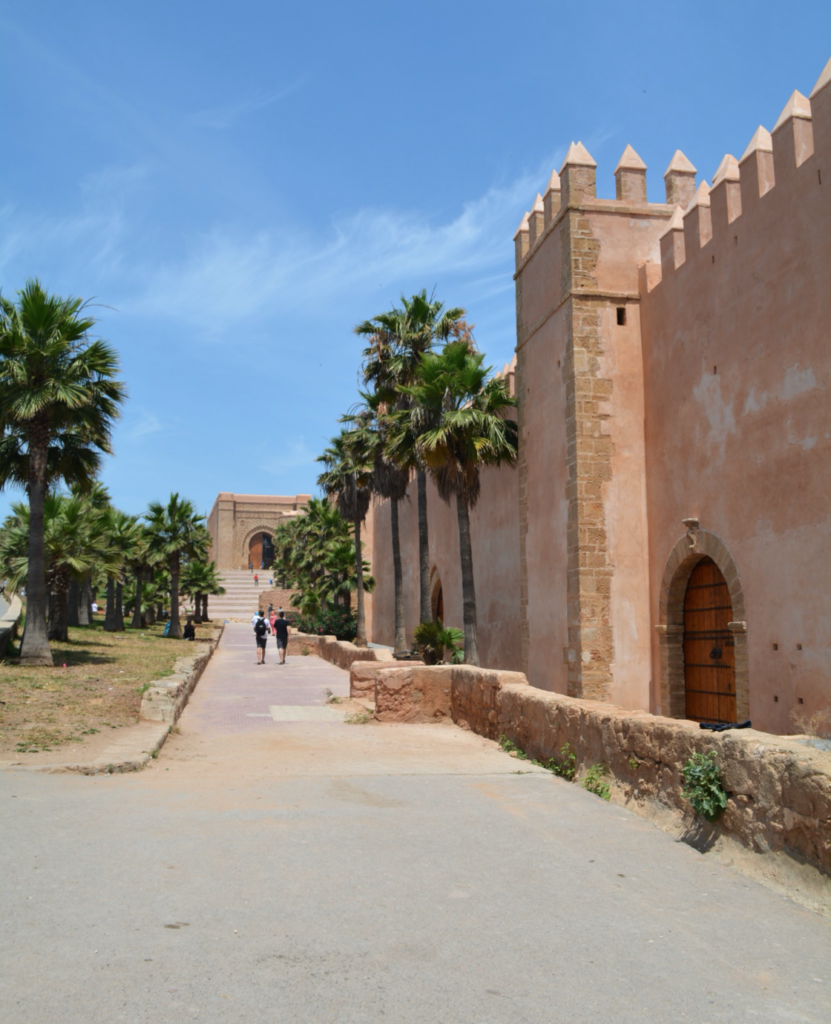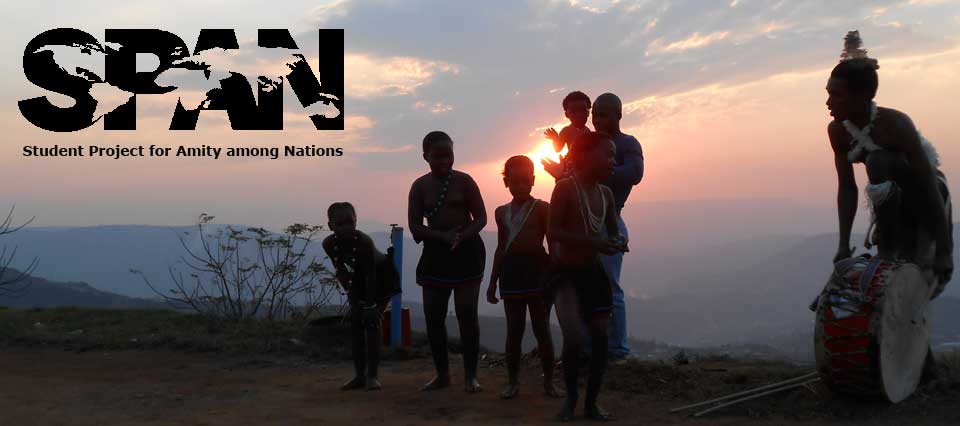Written by Jessa Warner, Morocco 2017
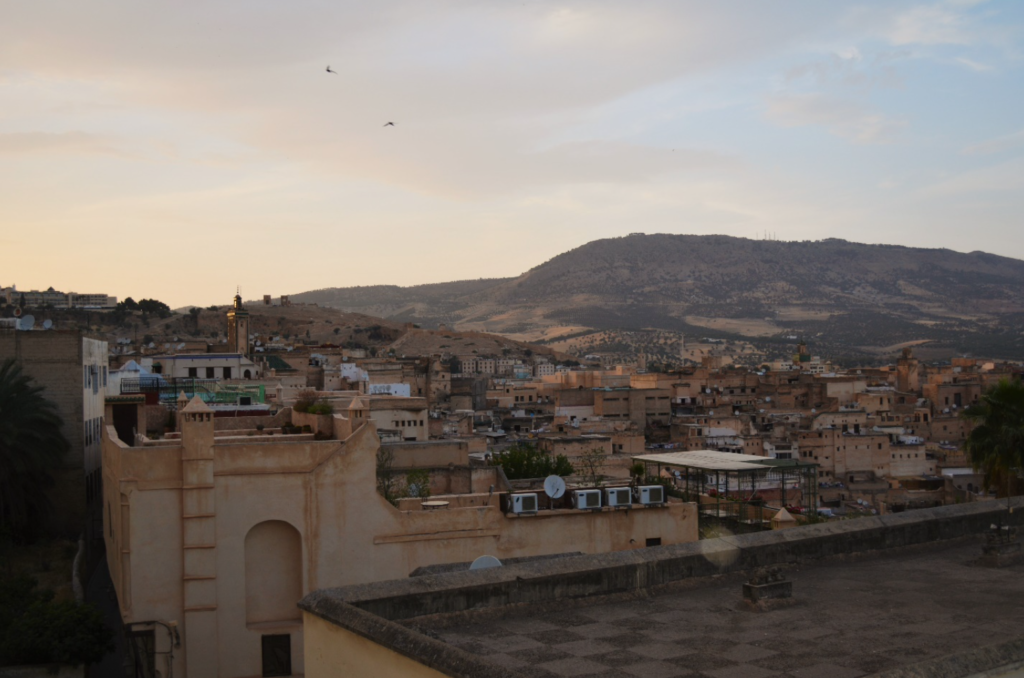
“You get a strange feeling when you’re about to leave a place, I told him, like you’ll not only miss the people you love but you’ll miss the person you are now at this time and place, because you’ll never be this way again.” This quote, by Azar Nafisi, was one referenced to several times by my professors towards the end of my abroad experience, and it wholly rang true. Looking back on when I was still speculating what Morocco would bring, I realize that I am not quite the same woman who sat writing that first journal entry. In the few days before my return to the United States, there was a lot of time spent with introspection, realizing also that I would miss the person I was being while in Morocco, because I knew it would not be the same once I returned home.
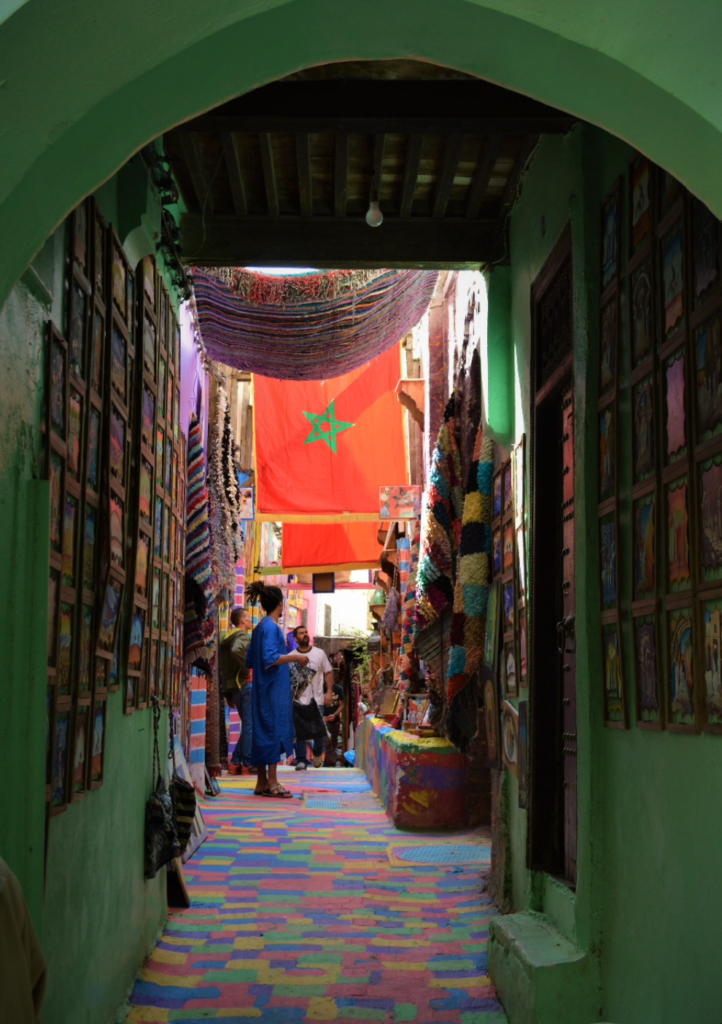
Before I arrived, I knew I wanted to make a home for myself in Morocco, from the culture of Morocco. I was determined not to be the American who leaves home but ends up taking it with me. I wanted to not just be a tourist or a visitor, but to be a true participant; a neighbor. I have both happiness and heartache to say that my main goal of befriending locals my age and to make real connections with Moroccans was fulfilled. The heartache stems from leaving them just as our connections began to strengthen, and the happiness comes from the fact that I made a real enough connection to feel that strongly about leaving them. We met each other not in a classroom setting, but at the International Model United Nations of Morocco. This event was the turning point and the home run to my experience. To meet in a space like this was powerful in its international and humanist context; and, powerful to bond with people who have the same vision for the world that I also have. Along the way, this goal shifted from not just befriending these wonderful people, but investing in these friendships. I want these connections to be maintained, even from different sides of the ocean, with the possibility of seeing each other again. Perhaps sooner than later. In the form of another International Model United Nations here in Minnesota, we hope to partner our forces and make extending the connection possible. To quote one of the participants: “I did not just go through this experience, this experience went through me.”
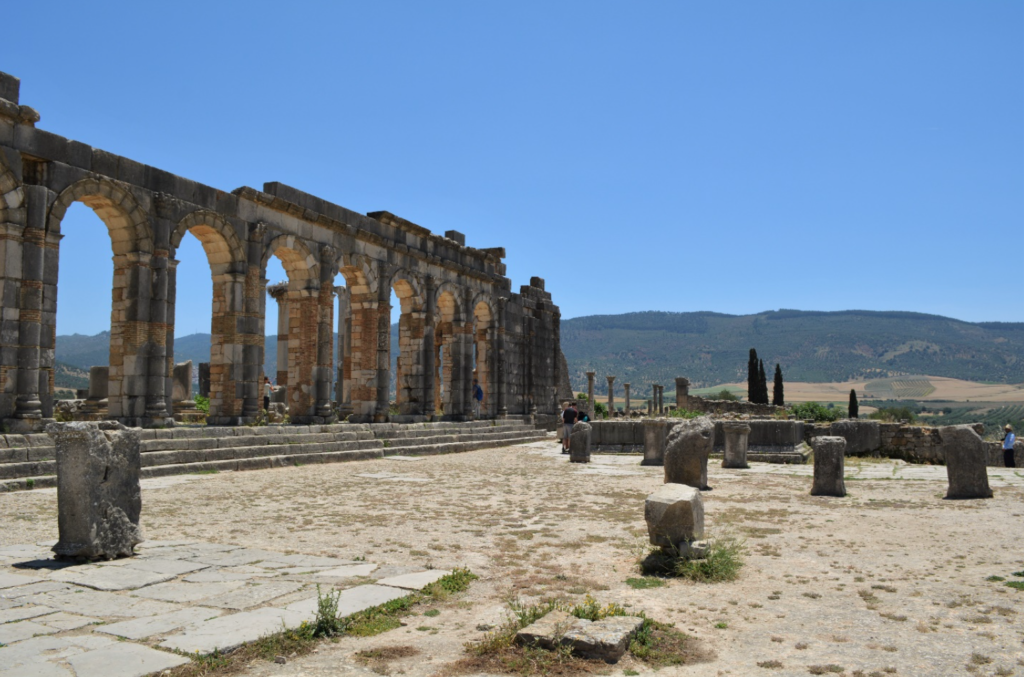
The day I realized that I had become a neighbor was two weeks before I had to leave the place I lived. That day, I realized how much of a home Morocco has become for me. Though simple from the outside, I felt a profound shift inside. Getting home from school, I wanted to go get some chocolate. I left my house to walk down the street to our local shop. Along the way, I exchanged Arabic greetings and smiles with the local women leaving the hammam. Once I entered the neighborhood store, the man inside and I exchanged an Islamic greeting, and he instinctively gathered the chocolates I tended to buy. With a smile, he bagged my items and said goodbye. On my way home, the two five-year-old neighbor girls waved to me. Of our various encounters, this was the closest to the end of their driveway they had ever come. So, this time, I stopped, kneeled, and beckoned them. For the first time, we held hands and stroked each other’s hair. Unable to speak each other’s languages, we just giggled. We smiled and waved goodbye. As I neared my apartment, two of our other neighbors greeted me in French. When I stepped back in my door, I was elated. With tears welling, I knew I had done it, I had become a neighbor. It was moments like these that affirmed the acceptance the Moroccans in my neighborhood had shown me. I have not only visited, but become part of the community.

Part of the decision to be more than a visitor, and largely responsible for the tears upon leaving, was choosing to live with our host family. Over the eight weeks they cooked us traditional food, showed us around the neighborhood, and laughed through our language miscommunications. They were a huge part of our contact with the host culture and explanation of it. Though technically our landlords, these people took us under their wing and told us to consider them our “parents in Morocco.” Though we did spend time with our college aged friends, my roommate and I aimed to invest in this relationship as well. Every car ride was spent swapping vocabulary words from each other’s languages, every meal was an adventure, and every story shared carried much more significance than any small talk I had preliminarily expected. They integrated us into the community at our local café, the neighborhood hammam, and interactions with the henna ladies. Little by little, we felt the change. Our host dad told us all of his trivia, brought us melon that we wanted to try, and killed bugs for us – all things he went out of his way to do. We knew this bond grew because by the end of our stay, our hosts opened the doors to their private living space, a big gesture in Morocco, to show us their trust. As we were dropped off at the airport in tears, in his broken English our Papa Maroc told us, “I passed very good time with you, and I am very happy.” I am very happy, too.
